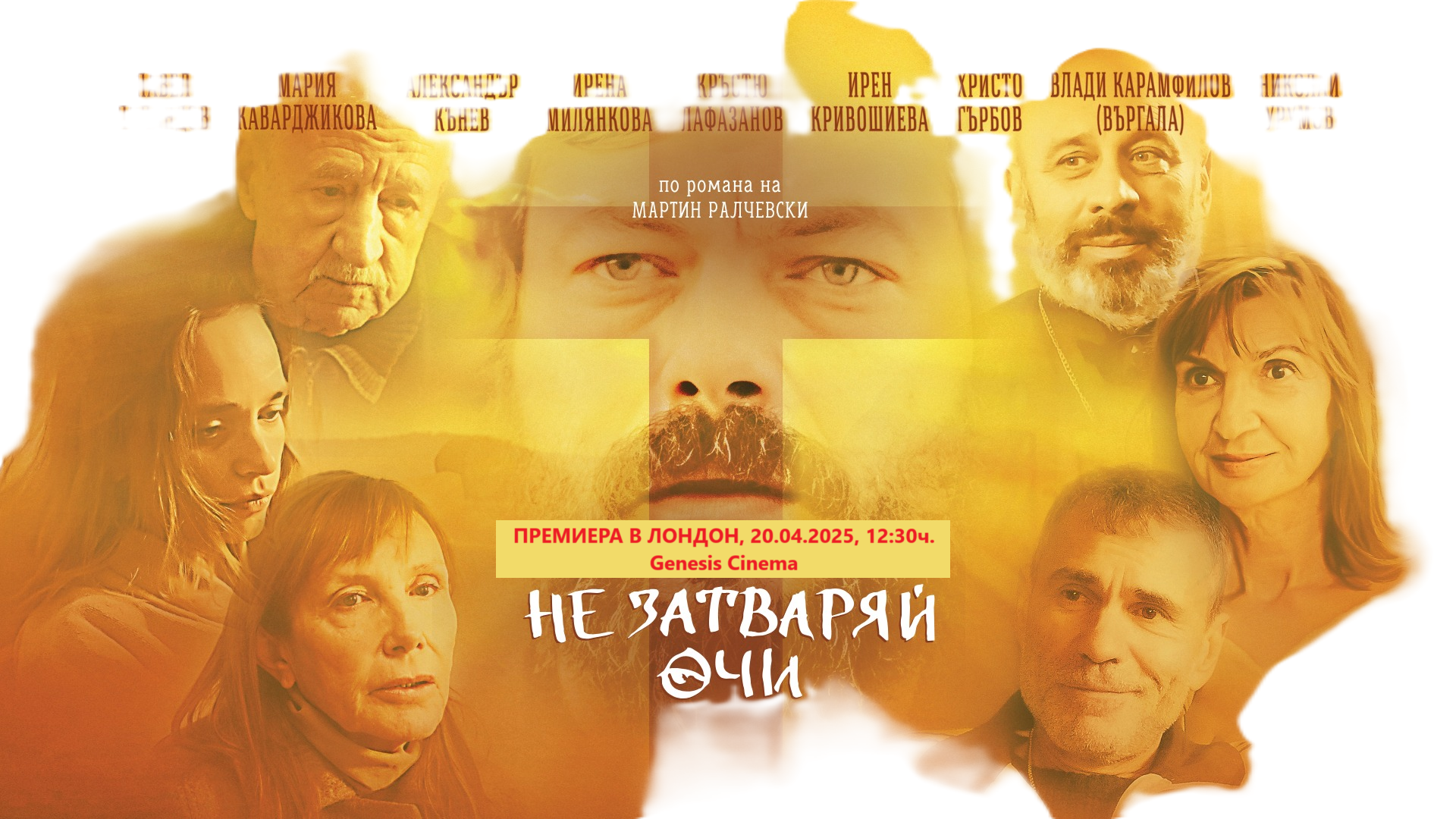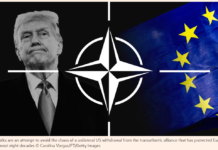By Rumyana Vakarelska
Last week, Bulgarian commercial national broadcaster TV7 was the subject of an unprecedented debt collector’s raid, accompanied by a strong police reinforcement from Sofia’s 6th District Police station.
A group of TV7 journalists’ of the 350 strong broadcaster formed a live chain in front of the building as the collectors, on behalf of the failed controversial KTB, aimed to repossess the television station’s server and other key broadcast equipment.
Kristina Dimitrova, who led the operation, had introduced herself as a representative of an independent debt collector agency, but then the Head of News7, Anatolii Staikov, found that she is actually a legal councillor of KTB itself, according to TV7.
KTB’s failure last year is a subject of serious investigations after the KTB chief executive fled to neighbouring Serbia, leaving corporate and individual private saving accounts empty. As a result, last year, the government appointed an Asset guarantee fund (FGVB) that will collect the missing 3 billion owed to investors as they are entitled to state guarantees for their savings. The above fund is currently KTB’s largest creditor. FGVB’s chief executive Radoslav Milenkov, has said to TV7, according to the channel’s report on 14.04 that he has authorised the private debt collector Nedelcho Mitev to collect the due amount after a break in communication between TV7 and KTB. In the live TV reports on that day on national media Mr Milenkov sounded detached from the whole situation, while TV7 has tried to respond to the demands earlier than this date without achieving a result.
Last autumn, facing KTB bankruptcy situation, the former TV7 CEO left the company and Cyrill Blagoev, a new, aspiring CEO was appointed. TV7 owes a bit over BGN 4 Leva to KTB and has last offered in February 2015 to continue the structured payment of its debt, which, compared to other companies that have taken loans from KTB, is a small amount.
Expropriation of the technical equipment, which represents a small percentage of the due amount, was listed as one of the last resorts of repayment if TV7 refuses or is not able to pay its debts. Meanwhile, the removal of the server, which was not listed, effectively means forcefully closing a successful national TV channel.
The scandalous situation quickly brought the recently elected Interior Minister Rumyana Buchvarova into the spotlight when she sent the police away and fired the head of 6th district police station, as this enforcement was unnecessary and inappropriate.
The head of the debt collection agencies organisation in Bulgaria was also fired, while the Prime Minister Boiko Borissov and his Vice President for security, Meglena Kuneva, also a former Consumer Rights EU Commissioner, intervened and answered tough questions.
Borisov pointed to the Prosecution as the key organisation to pursue the case further, while criticizing the lower echalons of Sofia’s police force and the debt collection agency body, which took responsibility for these actions.
This situation subsided as quickly as it escalated, as by the following day on 30 April, KTB had offered to the TV7 CEO to resume talks for the down payment of the channel’s debt.
A day after this situation occurred, violating journalists rights to fulfil their job obligations, the Bulgarian media and journalists association ‘Jeliu Jelev’ in London, whose convenor is the same as the of this article author of this article (TV7 screengrab pictured on the above photo), made a statement on TV7’s central emission at 20.30 pm in support and solidarity of the actions of TV7’s journalists. The statement said that all businesses, including media businesses, which are also significant employers, use loans to develop their operations and that debt collection, even in the exceptional circumstances created by KTB, cannot be redeemed forcefully and in without the specific knowledge of TV7 management of such possible actions. The above association has also acknowledged the National Union of Journalists (NUJ) in the UK about the situation, as NUJ is also holding international campaigns in support of journalists.
While an investigation of these actions is ongoing, one live report on the day that happened on TV7 was strikingly telling. A reporter had a live interview with Mr Borisov, asking him if he or someone else wanted this station closed or not and why, as if this would be the case, all 350 employees will have to go to job centres and be paid for employment benefits by the Bulgarian taxpayer.
Mr Borisov confirmed on air that he is certainly not behind these actions and is unaware at this moment who is behind this situation. This raises questions about political and corporate media censorship and independence.
In addition, the programme director of TV7 and News 7, Ilyan Stoimenov, said that any expropriation of technical equipment that carries the information of their sources can contribute to wider damages and effect members of the public. This very statement is in line with the high and the only journalistic code, which envisaged the protection of journalists sources in news current affairs production. The equipment also carried TV productions and archive, whose copyright belongs to TV7.
Any observer of TV7’s reaction on these two crucial days last week could note the calm and professional conduct of all journalists, a signal that at some level of media independence and freedom of speech has won in this situation, but the big questions remain of can this happen again and what should happen in Bulgaria so that the rule of law in the country remains open.
The Bulgarian Ombusdman, Konstantin Penchev, said in an interview on Bulgarian National Television(BNT) that ‘he had the feeling that someone wants to close TV7 and News 7 and that taking a away if necessary technical equipment as a loan guarantee should not mean closing the TV Channel’.
A number of Bulgarian MEPs have also condemned TV7’s unnecessary ordeal last week. A further investigation on how the situation with TV7 has occurred on the first place continues.
Copyright@ Rumyana Vakarelska, partner Team new Europe. Sponsors for Budilnik’s English language column, please contact the author by email: teamneweurope@yahoo.co.uk




















